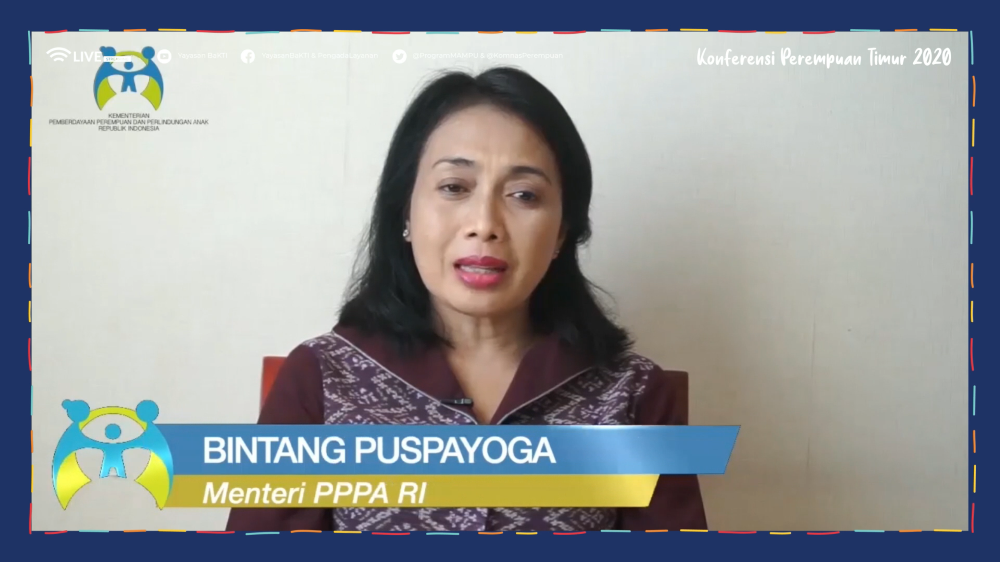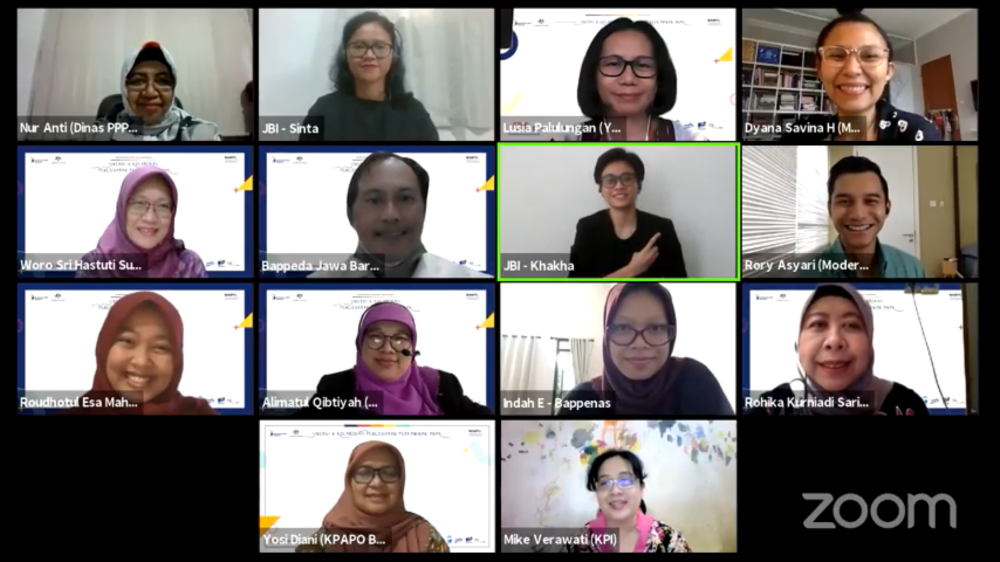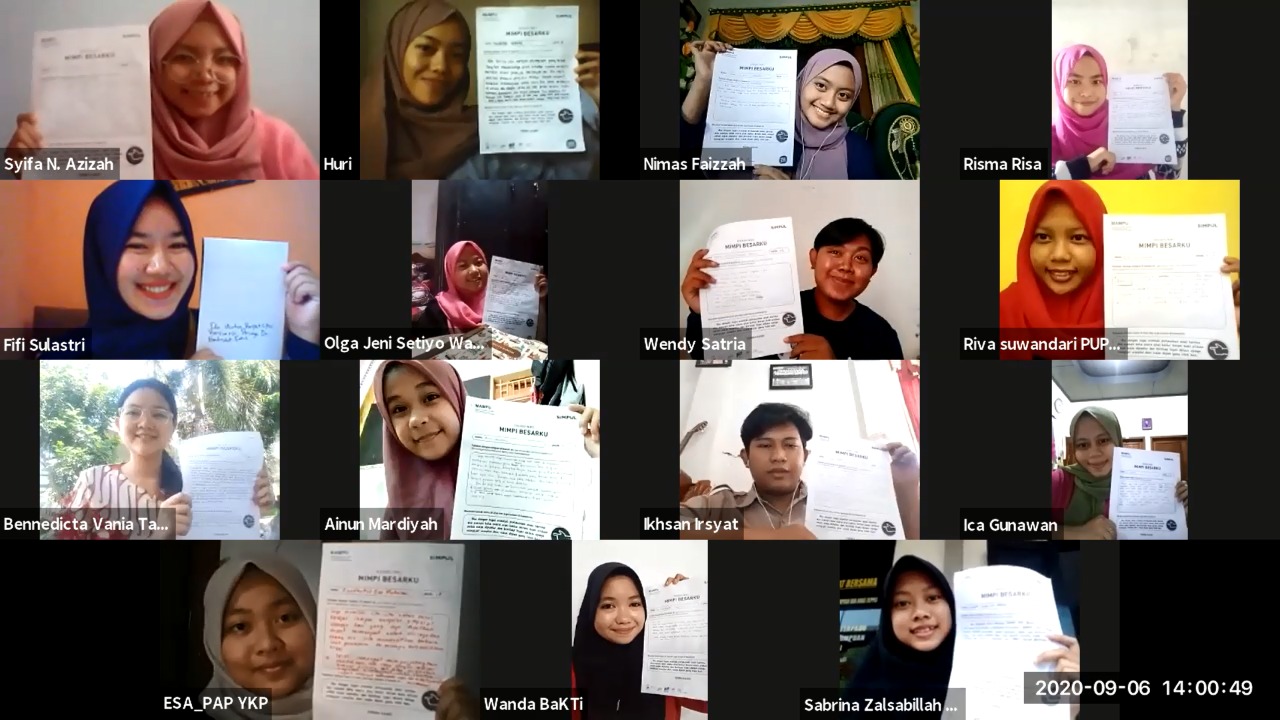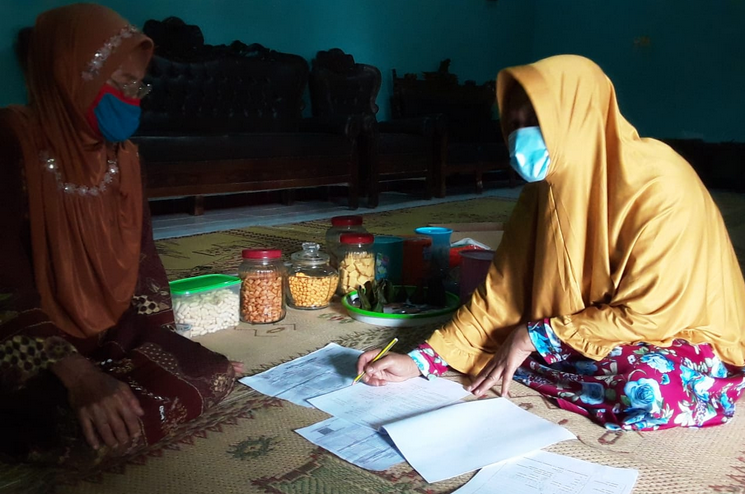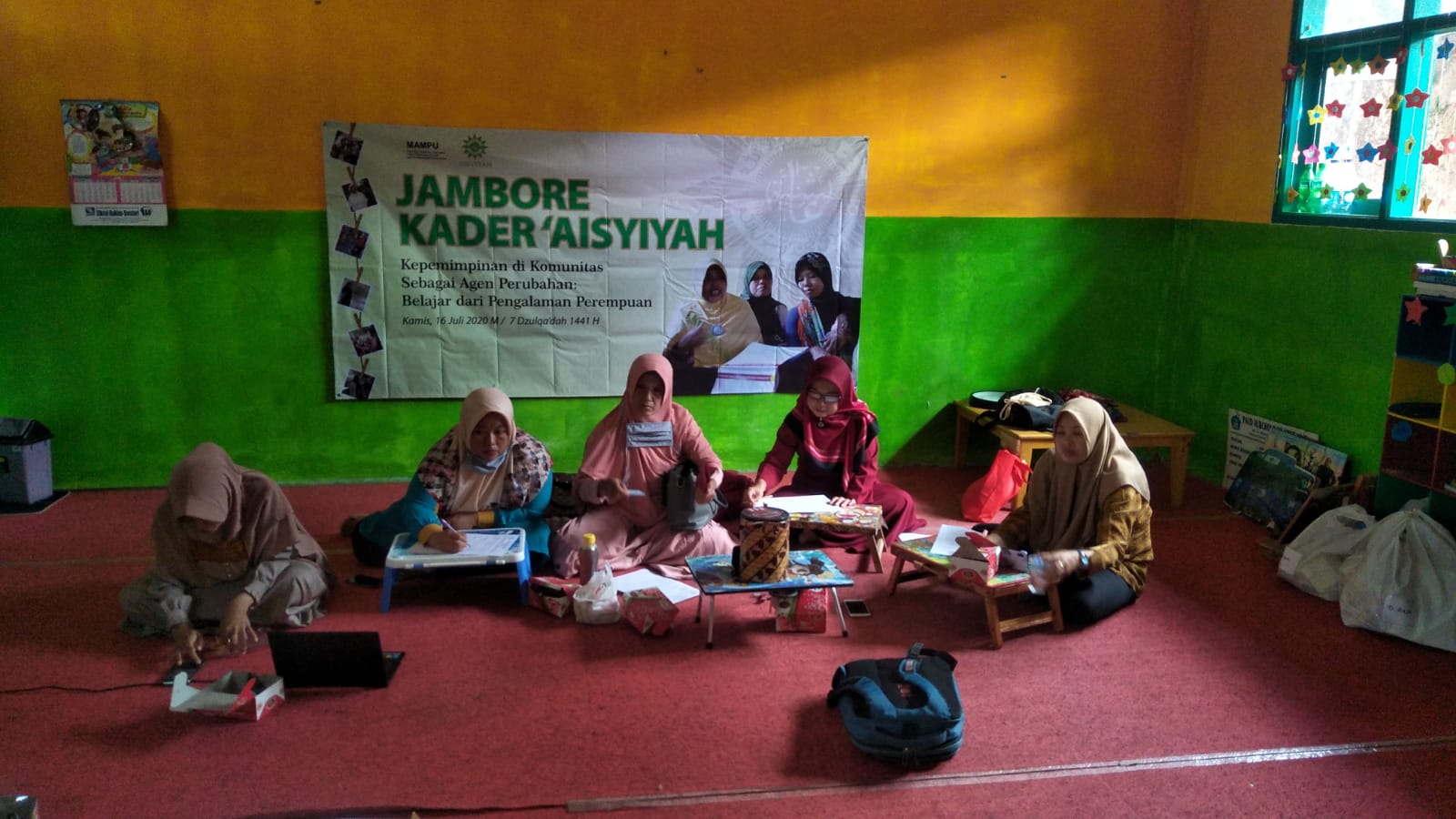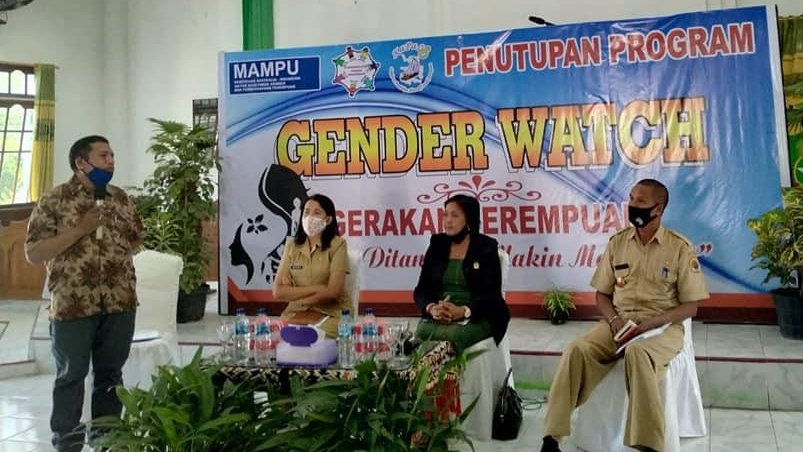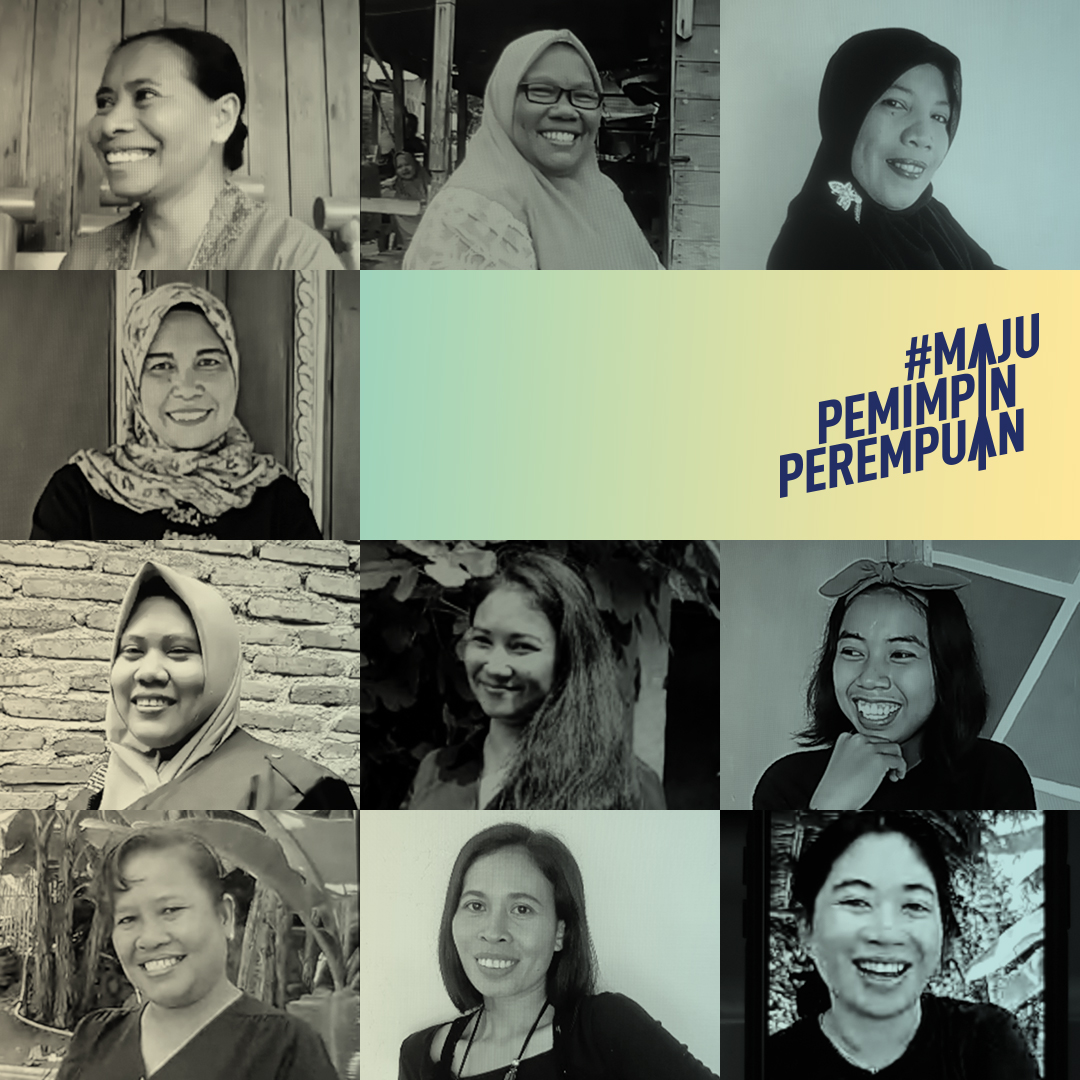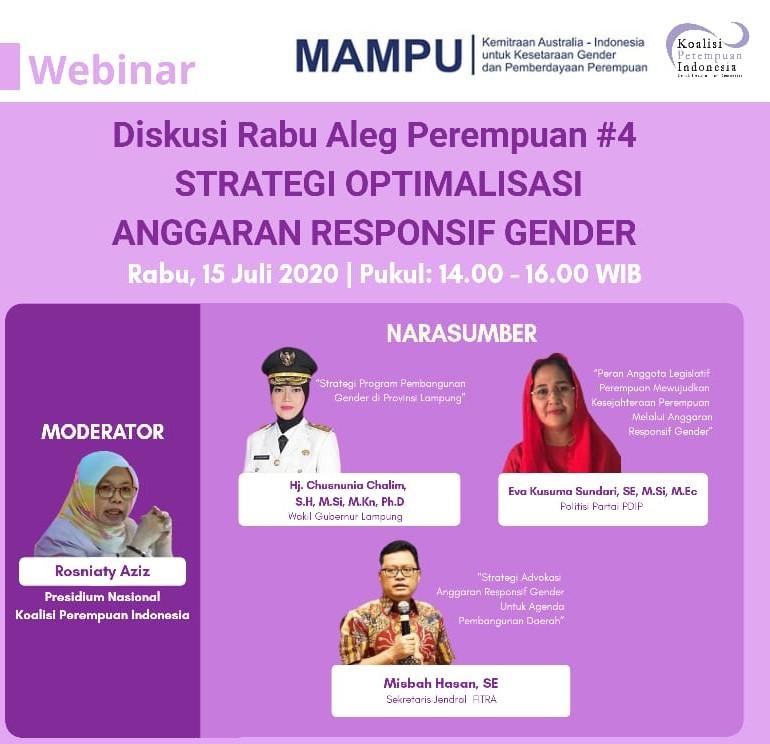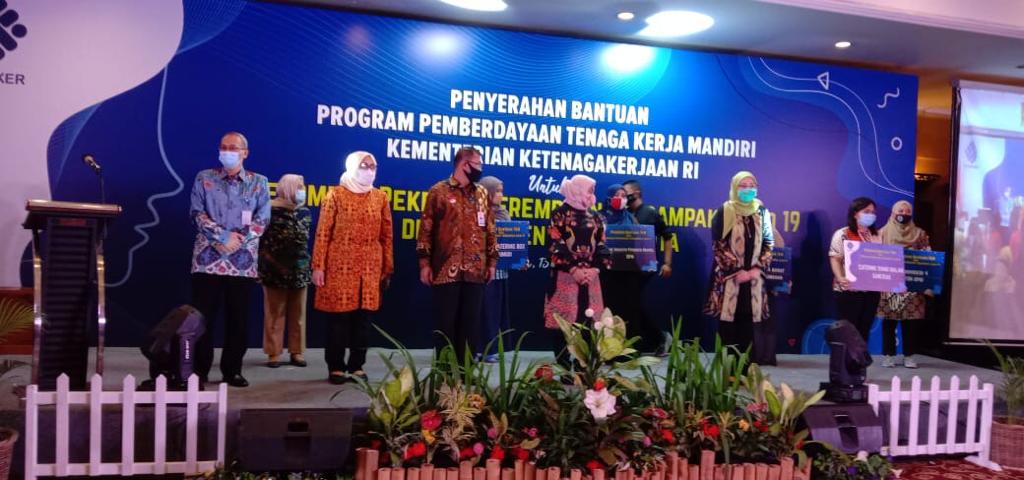Event
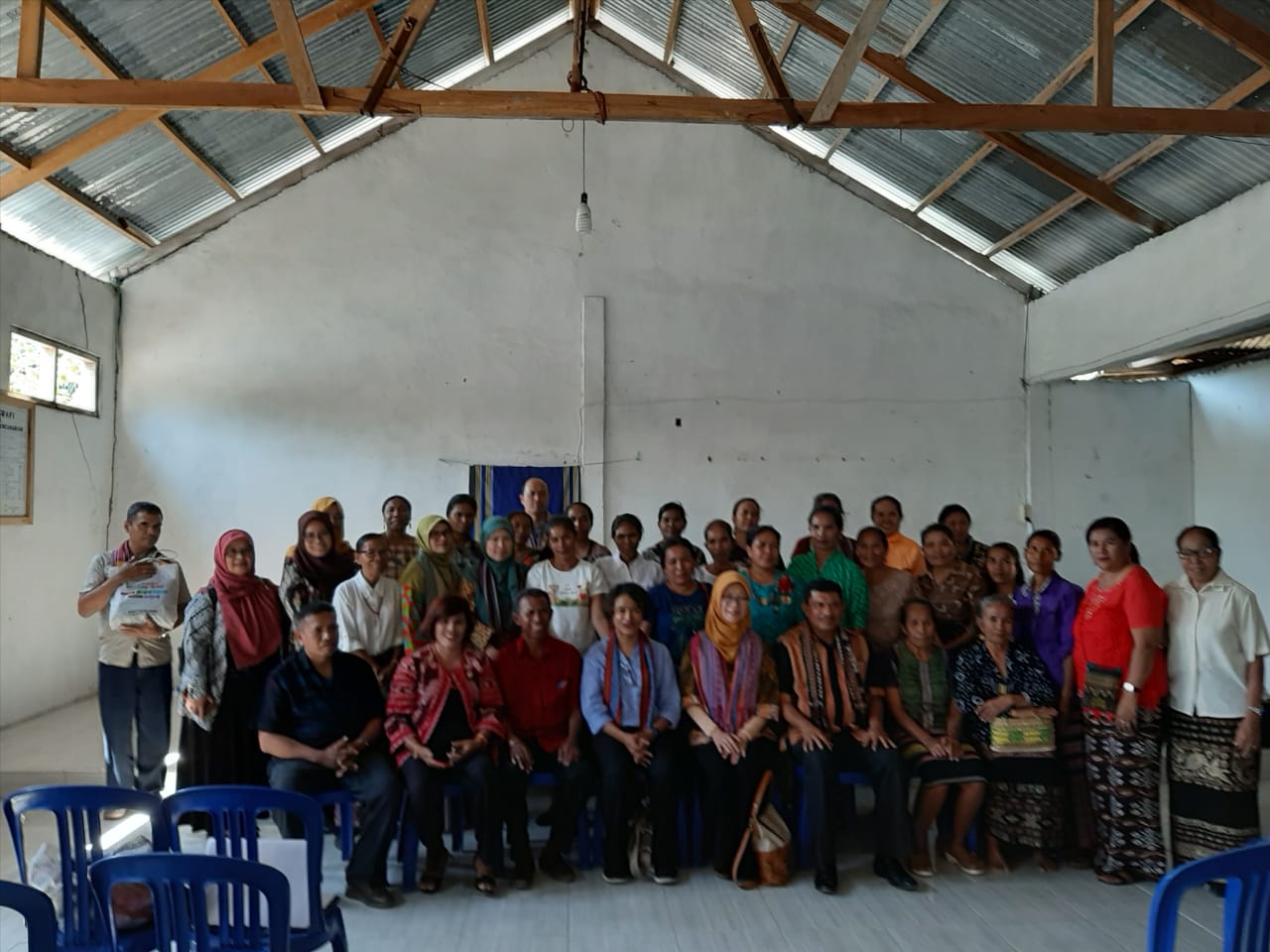
Women’s Groups are Developing Their Villages’ Potential
4 October 2019Author: Amron Hamdi

On 17-19 July, the National Development Planning Agency (BAPPENAS) visited women’s groups formed by KAPAL Perempuan’s partner Yayasan Pondok Pergerakan in Noelbaki and Mata Air Villages, Kupang Regency, East Nusa Tenggara. BAPPENAS observed the groups’ successes and their contributions to their villages’ development.
Desa Mata Air is a pilot village in BAPPENAS’ family planning program that has achieved a number of breakthroughs thanks to the women’s group active in the village. This group has worked inclusively with disability groups to develop the potential of the village. It has started producing virgin coconut oil and perfume, formed a traditional weaving business, and developed the local tourism industry. Group members also work to increase awareness about the importance of education, collect data on school-leavers, and encourage people to take up high school diploma equivalency programs. The village’s seriousness about working to improve health outcomes is reflected in the village budget allocation for stunting programs, disabilities, and children’s integrated health posts. These various initiatives are strengthened by the MAMPU Supported Women’s School which offers alternative education for women. Women’s School members in Mata Air village are involved in monitoring the National Health Insurance (JKN) scheme to ensure women have access to healthcare services.

The BAPPENAS visit then continued to Noelbaki Village, where members of the village’s Women’s School talked about their experiences being involved in village development. Before the Women’s School was established, women’s voices were often ignored during the development planning process. Now, the Women’s School in Noelbaki Village has more than 300 members. They actively monitor domestic violence cases and the implementation of early cancer detection tests. Members have also participated in village development planning meetings (Musrenbangdes) which have resulted in the creation of various pro-women policies, including the Village Regulation regarding 30% women’s participation in village development, as well as regulations to curb child marriage and domestic violence.




